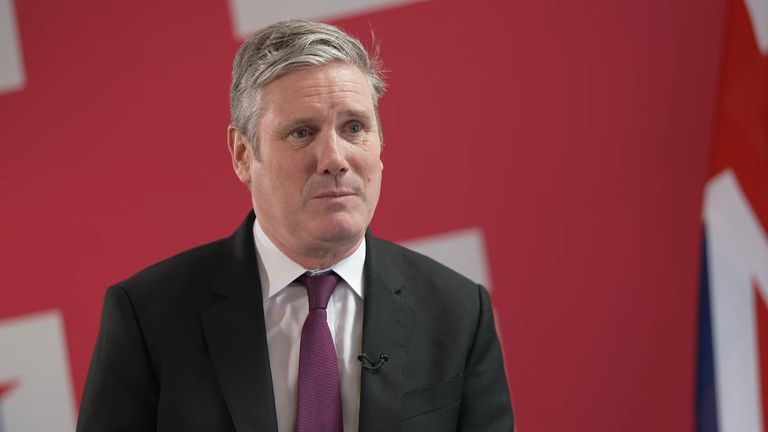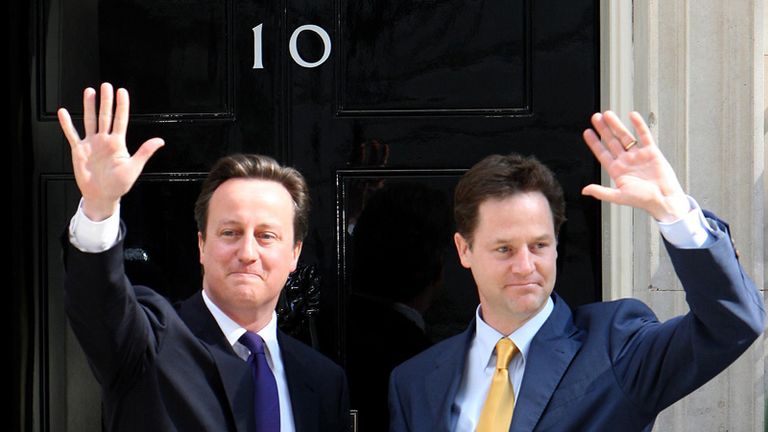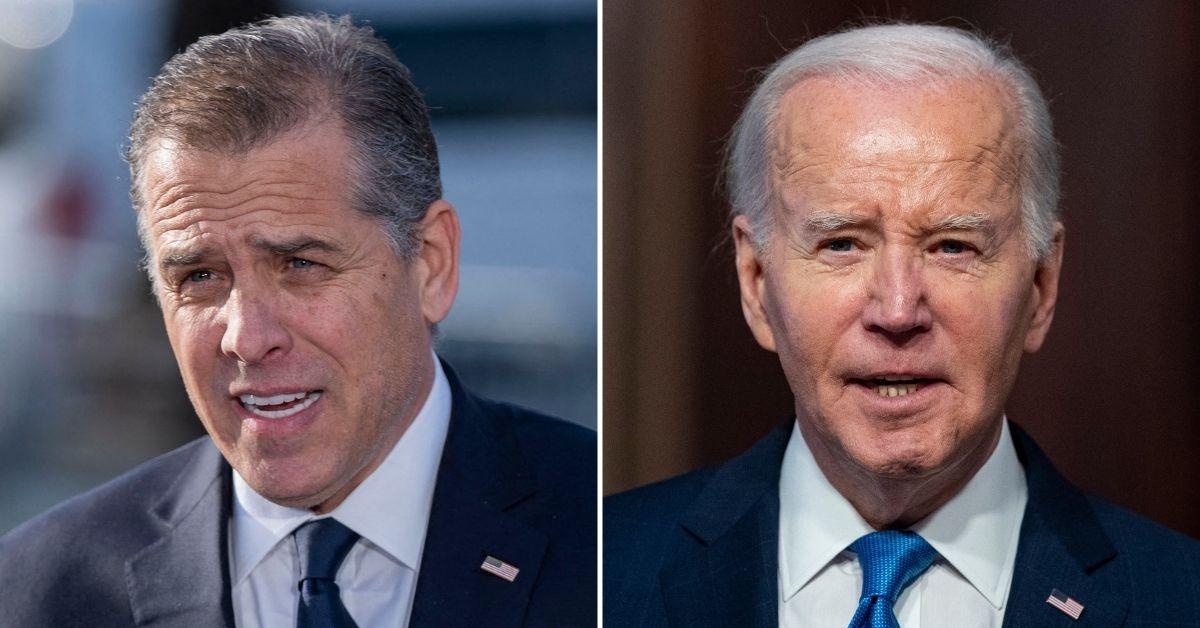Conservatives rule out deal with ‘any other party’ at next election | Politics News
The Conservatives have ruled out doing a pact with “any other party” as questions swirl around who could win power at the next general election.
Last week’s local election results have led to predictions of a close race between Labour and the Tories when the nation goes to the polls next year.
And while Sir Keir Starmer’s team looks most likely to become the biggest party, current forecasts show Labour falling short of an outright majority – leaving the field open for deals to be done.
Politics live: Tories cannot win with ‘drag anchor’ of rebellious MPs
Most of the focus has been on who Labour would team up with – with Sir Keir dismissing a coalition with the SNP, but failing seven times to rule out an agreement with the Liberal Democrats.
But on Wednesday, after Rishi Sunak accused the opposition of “plotting” coalition pacts, the prime minister’s spokesman refused to rule them out for the Tories, saying she would not “speculate” on the outcome of the next election
Labour attacked Mr Sunak for the move, with shadow Scotland minister Ian Murray saying it showed “a sign of desperation to cling to power”, calling on him to “rule out a grubby deal with the SNP”.
Hours later, the Conservatives released a much stronger statement, saying: “We will not be doing a deal with any other party.”
Hung parliaments – where no party has won an outright majority at the general election – are a rare occurrence in the UK, but when they happen, concessions have to be made to get the smaller party on board.
In 2010, the Tories became the largest party while falling short of a majority and, after five days of negotiations, signed a deal with the Liberal Democrats for a full coalition government.
The Lib Dems secured a deputy prime minister post for their leader, Nick Clegg, along with five cabinet posts and 15 other ministerial roles, and a referendum on an alternative vote system.
But they had to sign up to George Osborne’s austerity measures and drop their pledge to abolish tuition fees – both of which led to a dire performance for the party at the 2015 election.
Before that, there hadn’t been a pact between parties in the UK since 1977, when Labour and the Liberals agreed a deal for support of key votes.
After the snap election in 2017, the Conservatives fell short again. Theresa May only managed to win 317 seats – short of the 325 needed for a majority.
She signed a “confidence and supply” deal with the DUP – not a full coalition, but an agreement to support the government on key votes – giving them £1bn of additional funding for schools, hospitals and infrastructure in Northern Ireland in exchange for their backing.





